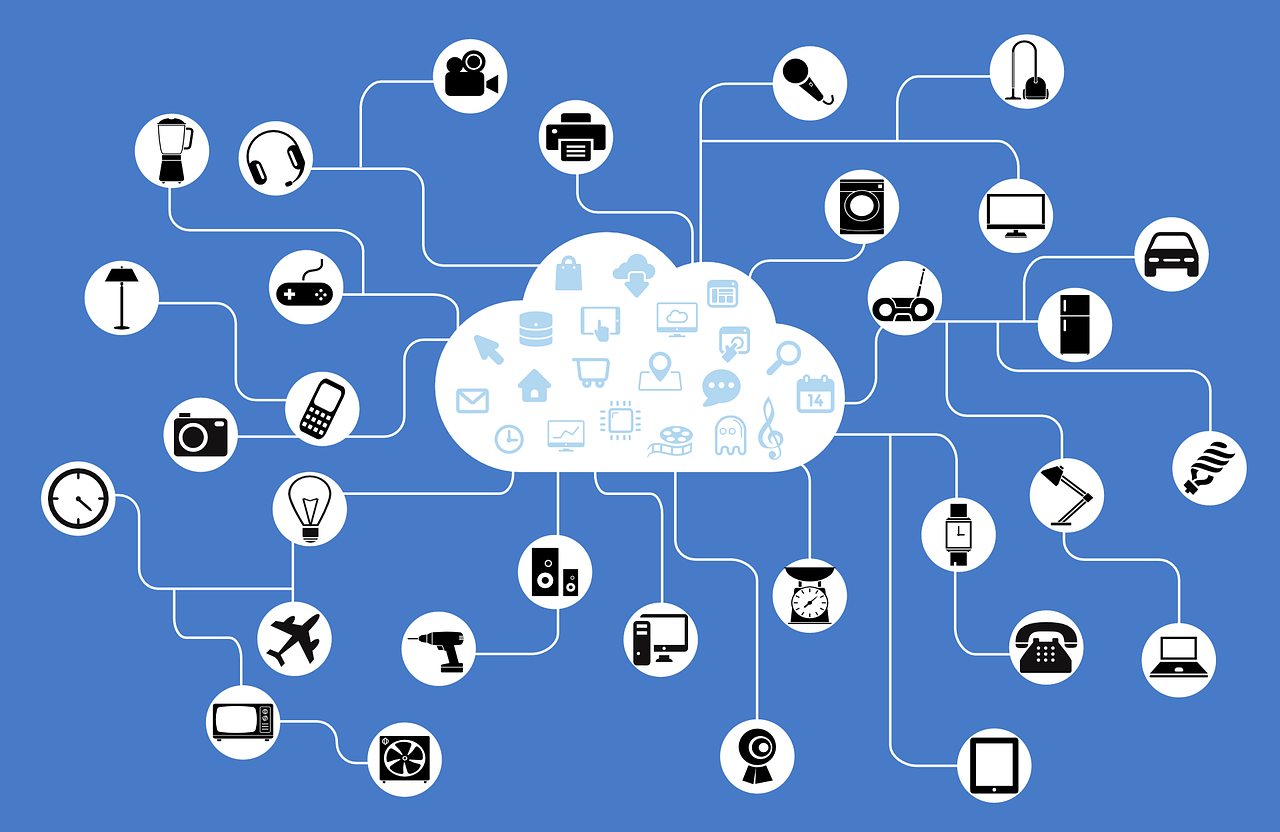The life we will live: work, play and love in the tech generation
January 20, 2016
As the new year begins, we look ahead at the world of tomorrow. More than ever before, the world is in transition. Prevalent technologies – the automobile, the television, Facebook, non-renewable electric power, the cell phone and so on – find themselves on the cusp of being replaced by newcomers, such as fresher social media platforms, virtual reality, novel surgery techniques and health research, wearable technology and large-scale renewable energy.
As technological advancements have expanded human understanding, they have surreptitiously crept into our daily lives as well. Who notices the small life-saving improvements in personalized medicine, or the nanoscopic adjustments to the central processing units in smartphones?
The trending Internet of Things model – the idea that all of our devices, from our phones to our homes to our cars to our accessories remain connected – ensures that technology will become even more integrated yet also less noticeable.
While the Internet of Things enables us to digitally connect with our everyday environment on a personal level, new social media platforms enable us to connect across the world. Dr. Monica Lam, Professor of Computer Science at Stanford University, believes that there will be a diversification of social media platforms, making communication easy and instantaneous.
“Today, there is too much of a monopoly over how we interact with each other,” Dr. Lam, creator of Omlet Chat, an open-messaging social media platform, said. “Consider Facebook – 1.4 billion people using Facebook. For it to be owned by a single company creates a very strange economics situation for all the other companies. All the other companies are cut off and locked out. [In an] open system, there is more competition and better services as opposed to a single company providing all the services.”
By economic natural selection, social media monoliths like Facebook and Twitter have quickly found competition in Snapchat, Instagram, and Tinder. And as people look to continue networking across the globe through social media, we are seeing changes made to business culture.
Lee Caraher, author of Millennials and Management: The Essential Guide to Making It Work at Work, claimed that the average tech generation’s workplace has evolved to become more community-oriented.
“Millennials are articulate and fully formed in their idea that they want to have a full life, that they are not willing to work all day long for a paycheck, but that they value more than one currency for their life,” Caraher said. “It’s not just about the money. It’s about giving back to the community, it’s about having fun, it’s about being with the family.”
In Silicon Valley, where working 12 hours a day for a new technology company is not unusual, startup culture plays a strong role in the workplace environment. Matt Walters, Managing Director of Runway, a San Francisco-based startup incubator, believes that the Bay Area is unique in its focus on ground-up entrepreneurship, and expects this model of growth to continue.
“There are many new fields that are opening up these days,” Walters said in an email interview. “Silicon Valley tends to be a lot more laid back than other areas of the world. But it’s also a much more creative culture. In [the] Valley, there’s an expectation that everyone on a team is going to be innovating.”
While this new office atmosphere promotes reaching social goals, we can already see that not everyone benefits from the rapid progression of business and the striving entrepreneurialism of this era. Areas without access to electricity and the internet fall behind as the realm of bleeding-edge technology and diverse markets rarely intersects with their lives. The resulting divide creates an uneven playing field. Though this “tech gap” can not and will not be resolved easily, individualized education platforms may grant universal opportunity.
The new technologies of tomorrow ensure a more efficient, socially-connected future. With thousands of innovative solutions ready at our fingertips, we expect technology to increasingly envelop us and affect all aspects of our lives.
